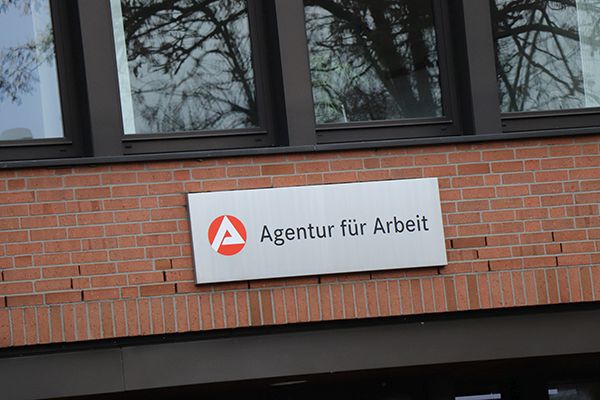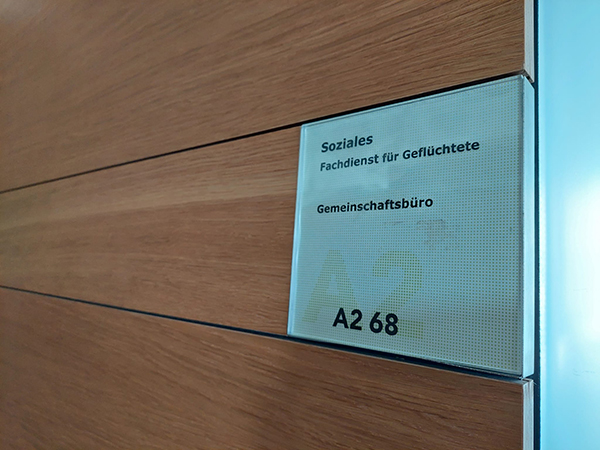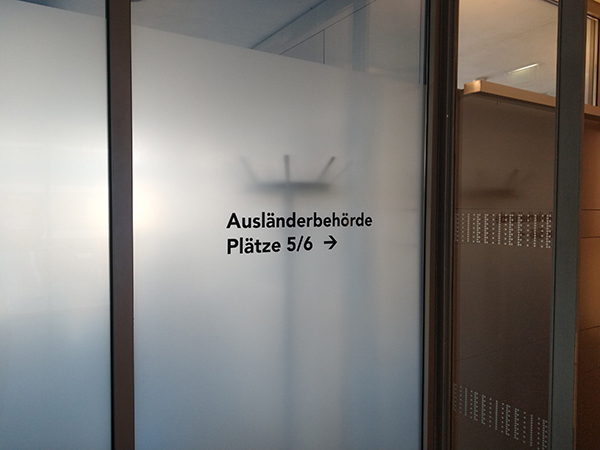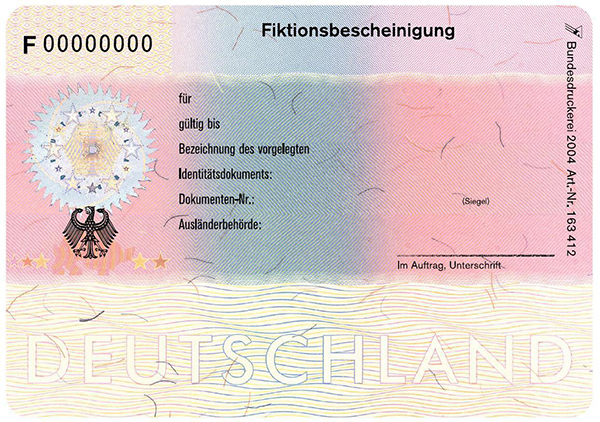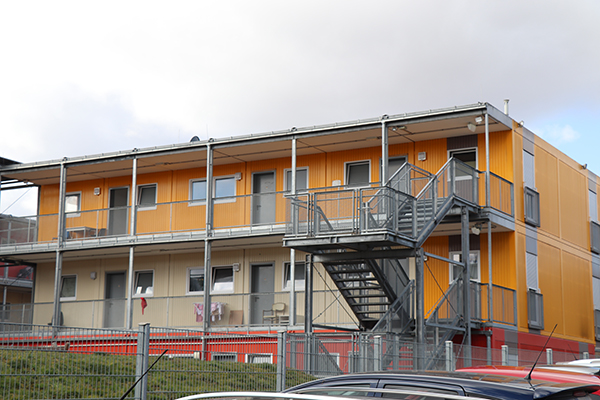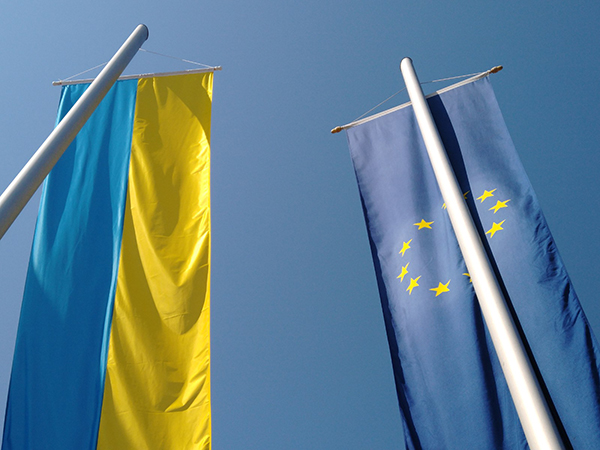By Michael Seifert In statements to the media in recent weeks, interior ministers of various federal states and also the former federal interior minister have repeatedly spoken of illegal entries of refugees into Germany. These increasing “unauthorised” entries are worrying and must be prevented. However, these politicians do not talk about the fact that people have a good reason to come to Germany when they seek asylum. tünews INTERNATIONAL asked the Tübingen lawyer Holger Rothbauer what the legal situation is. He is an expert in foreigner and refugee law. “If a person from a third country crosses the border into… Read More
Category: 1-RESIDENCE – ENG
Statistics: Syrians make up the majority of foreign doctors in Germany
“The medical profession in Germany is becoming more colourful”. According to the current statistics of the German Medical Association, there are currently more than 57,000 foreign doctors working in Germany. In other words, more than 10 percent of the 548,302 doctors in Germany come from abroad. For the third year in a row, Syrian doctors took first place in the number of foreign doctors in Germany. In 2021, the number of Syrian doctors working in Germany reached 5404 while in 2020, it was 5242. Around 4,314 of them work in German hospitals. However, in second place were Romanian doctors (4,721),… Read More
More and More are Becoming Germans: People from Syria lead the Way in Naturalizations
Last year, almost three times as many Syrians were naturalized in Germany as in the previous year. 19,100 of them received a German passport. According to data from the Federal Statistical Office, there were around 20 percent more naturalizations in 2021 than the year before, although in 2020 the numbers had fallen by 15 percent. In total, around 131,600 foreigners received a German passport last year. In Tübingen, 518 people naturalized last year—111 more than the year before. Furthermore, Syrians made up the largest group to naturalize with 88 persons, while in the previous year there were only 29 persons… Read More
Employment of Refugees: a “Job Engine” Offered by German Companies
Since 2015, the employment of refugees in German companies has had a very positive impact on the competitiveness of these companies. This is the result of the study under the title “From ‘refugee crisis’ to job engine: An analysis of the experience of German companies in integrating refugees” by the non-profit organization “Tent Partnership for Refugees” and the research institute “DIW Econ”. For the first time, this study analyses the experiences of 100 medium-sized and large German companies, three-quarters of these companies hired refugees for the first time in 2015. According to the study, 64 percent of the companies state… Read More
Counseling that makes you independent
Around 400 refugees from the district of Tübingen have become independent of the district’s social services, according to Martin Quack, one of the heads of the specialized service for refugees at the Tübingen District Office. Most of these refugees succeeded in finding a job that has made them independent of social benefits. Also, they speak good German and have their flats. Others have moved away because they have found a job elsewhere. As a rule, the social support ends when the refugees have received a residence permit and therefore are allowed to stay permanently in Germany, or When eight months… Read More
Most refugees in 2021 came from Syria
As many refugees as in 2015 and 2016 are now no longer arriving in Germany. Nevertheless, according to the Federal Office for Migration and Refugees, 190,816 people applied for asylum in 2021—the year before the Ukraine war—56.2 percent more than in 2020, despite the Corona pandemic. Exactly 148,233 people submitted an initial application in 2021. Most of them came from Syria (37.0 per cent), followed by Afghanistan (15.7 per cent) and Iraq (10.5 per cent). Only 1.8 per cent of initial applications in 2021 came from refugees from Iran, 1.7 per cent from people from Nigeria. Since 1990, 5.3 million… Read More
Fictitious certificate – who needs it and how to get it
Anyone who applies for a residence permit or settlement permit in Germany receives a temporary residence title, the fictitious certificate, from the Foreigners’ Registration Office. This is valid until the authority has made a decision on the application. The fictitious certificate is an official document to prove the provisional right of residence. It gives the person immediate entitlement to all benefits linked to a residence title, such as social benefits or the opening of a basic checking account. It also allows the person to leave and re-enter Germany. A fictitious certificate is currently also often required by refugees whose residence… Read More
Grant for the recognition of foreign professional qualifications
Anyone who wants to have professional qualifications acquired abroad recognized in Germany and does not receive financial support from the Employment Agency or the Job Center can apply for a recognition grant. The grant is aimed at employees who have lived in Germany for at least three months, work below their completed qualification and have a low income. In addition, they may not receive financial support for the recognition process from other support programs. Low-income earners include persons who earn less than 26,000 euros gross or, together with their spouse or partner, less than 40,000 euros gross per year. The… Read More
What is known about refugees from Ukraine
331,600 entries of refugees from Ukraine were registered until 11 April 2022, according to the Federal Ministry of the Interior. Since Ukrainian citizens can enter the European Union without a visa and move freely there, many more are actually staying in Germany. An exact number cannot be determined. The Federal Ministry of the Interior conducted a survey among 2000 refugees. According to this, 84 percent of the refugees from Ukraine are women, 58 percent of them came to Germany together with their children. Their average age is 38. 92 percent of the respondents were employed or in training in Ukraine.… Read More
A new EU directive applies to refugees from Ukraine
In early March 2022, the European Union (EU) activated the so-called “mass influx directive”. This directive grants a different status to people fleeing the war in Ukraine than to all asylum seekers who have previously fled to the EU. This was decided by the Justice and Home Affairs Council, abbreviated “JHA Council”, which is composed of the Ministers of Justice and Home Affairs of all EU member states. It is the central decision-making body of the EU in matters of European home affairs and justice policy. The Mass Influx Directive was created in 2001 after the wars in the former… Read More




